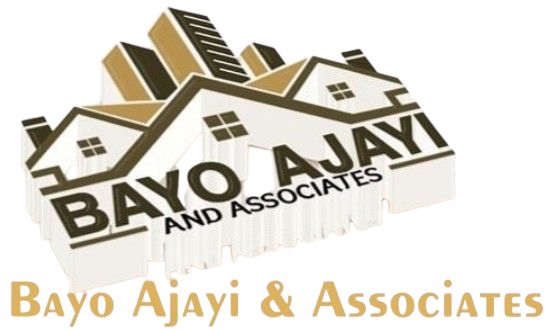It’s important to understand that foreigners can indeed purchase real estate in Nigeria, but there are certain nuances to be aware of.
Unlike Nigerian citizens, foreigners cannot own land outright in Nigeria. Instead, they can obtain what is known as a ‘leasehold’. This essentially means that you, as a foreigner, can lease the land for a long period, typically for 99 years.
During this leasehold period, you have the right to use the land as if you were the owner.
When it comes to the rights of foreigners compared to local citizens in owning property, the main difference lies in land ownership. Nigerian citizens can own land outright (freehold), but as a foreigner, you’re limited to leasehold arrangements.
This leasehold is still a strong form of ownership; you can develop, sell, or rent the property on the land during the lease period.
Regarding rules that vary by the country of origin, Nigeria does not generally differentiate between foreign investors based on their country.
However, it’s always advisable to check for any bilateral agreements or specific regulations between Nigeria and your home country that might affect property acquisition.
Residency in Nigeria is not a prerequisite for buying property. You can purchase real estate without residing in the country.
However, having a local presence or a trusted representative can make the process smoother, especially when it comes to handling paperwork and legal procedures.
Visas and permits are another important aspect. While you don’t need a specific visa or permit just to buy property, having a valid visa is necessary for entering and staying in the country for any related activities, like property viewing or signing documents.
If you plan to reside in Nigeria due to your property investment, you will need to apply for the appropriate residency visa.
Regarding government authorization, it’s essential to go through the proper legal channels. This usually involves getting approval from the state government where the property is located. The process includes a thorough check to ensure the property is free from disputes and has a clear title.
Minimum investment requirements aren’t generally stipulated for foreign buyers in Nigeria.
The investment value might influence the type of property and location you can afford. Premium areas, especially in major cities like Lagos and Abuja, tend to be more expensive.
Source: https://theafricanvestor.com/ Image Credit: https://www.freepik.com/

